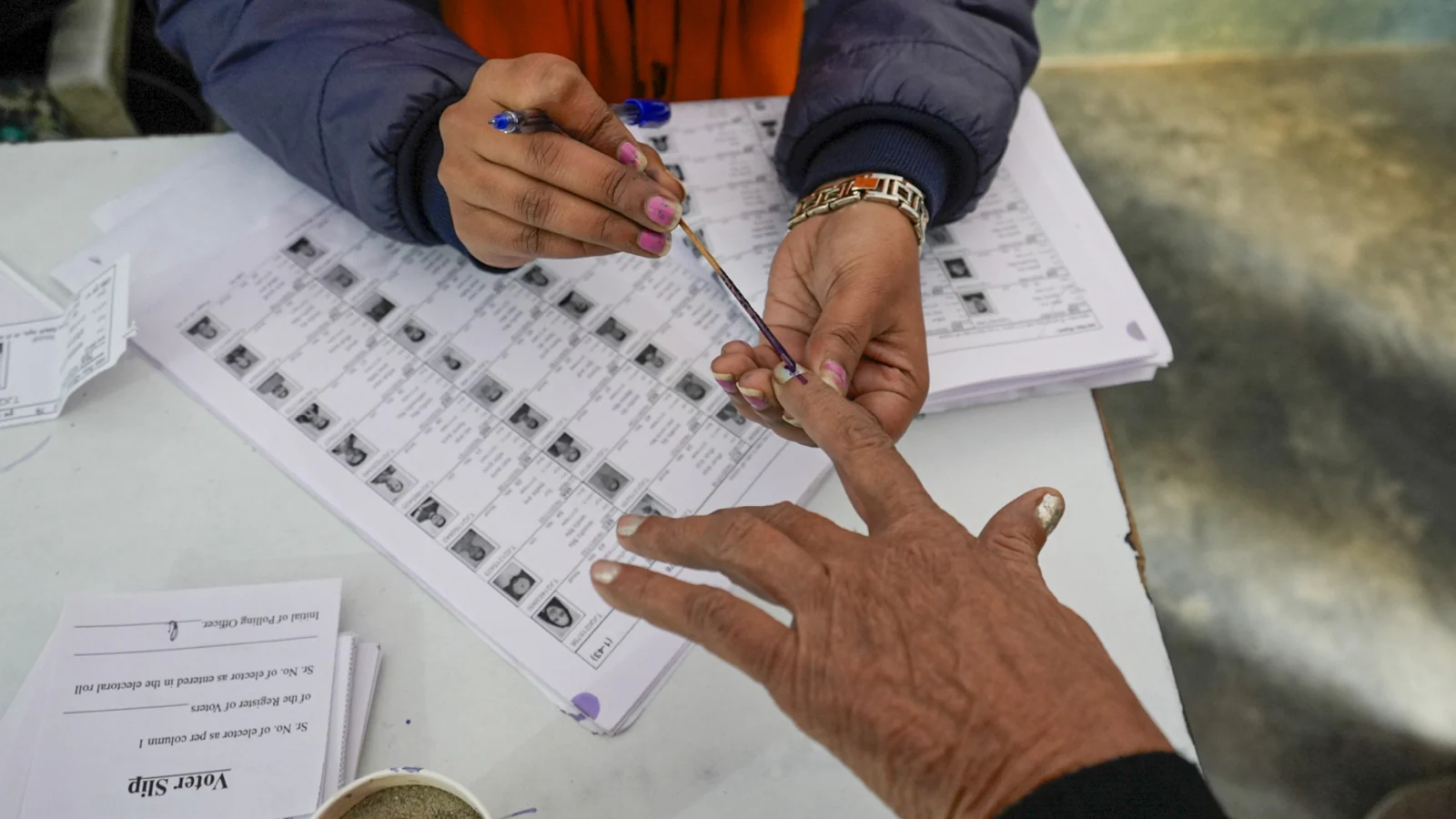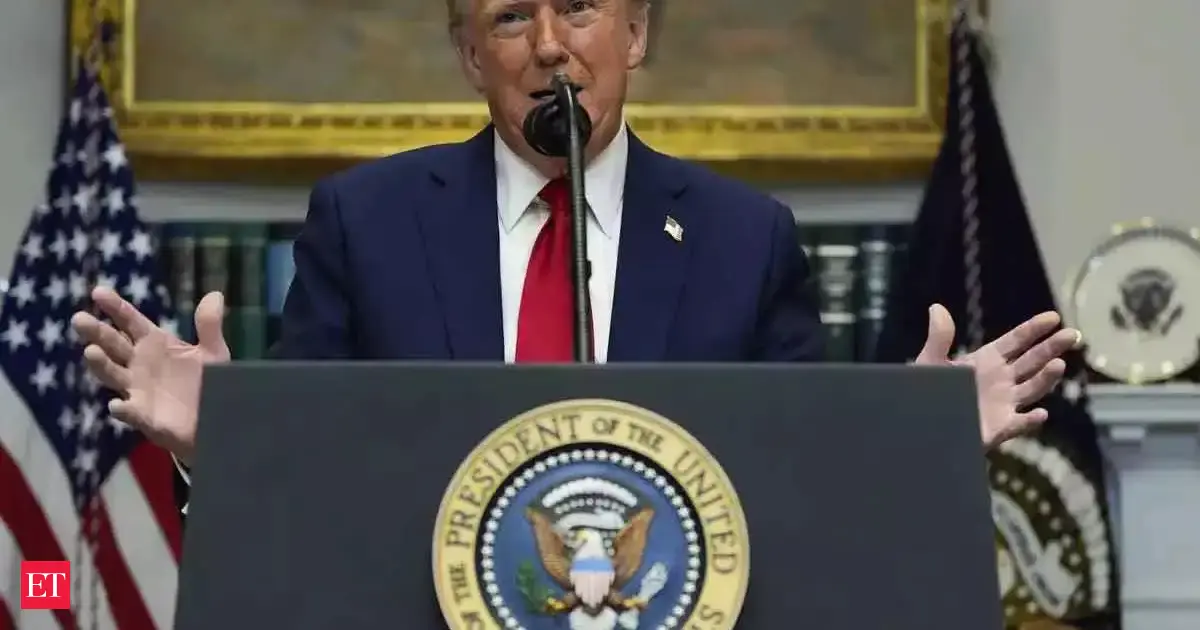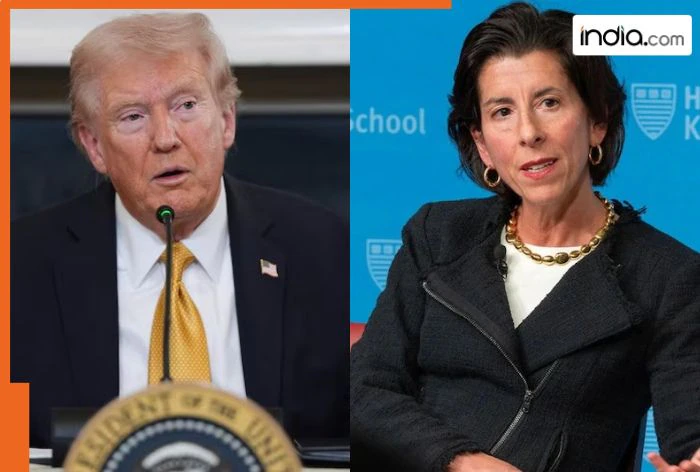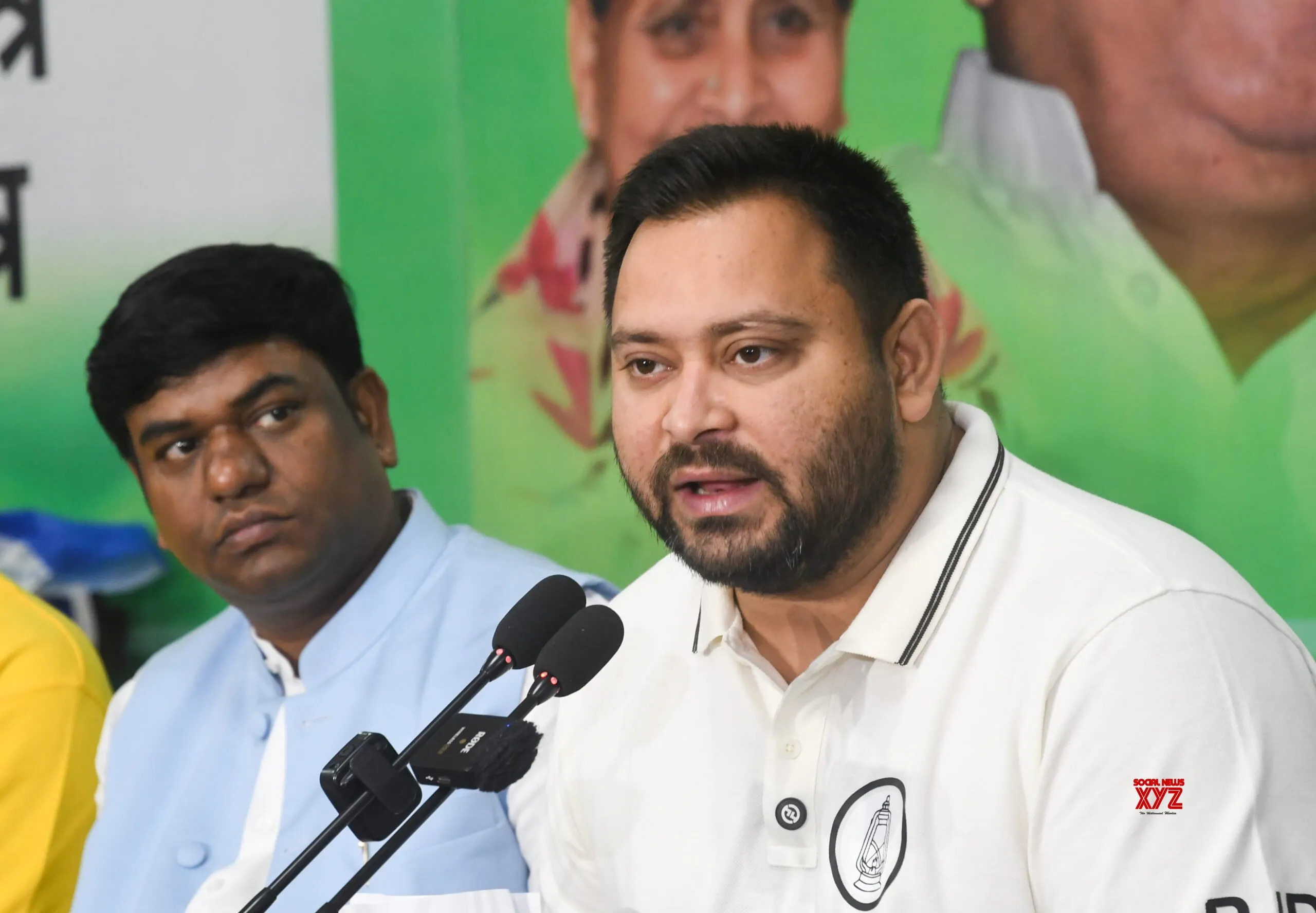Copyright forbes

Smoking laws are a public health achievement Lately, coverage and commentary about vaccines have dominated public health news. Reducing public health to vaccines is dangerous. Keeping the public focused on such a narrow, controversial and politically-charged view of public health may be great for ratings, but it isn’t good for our nation's health. What is public health? The focus on vaccines as public health clouds appreciation for how life would be if public health expertise and institutions like CDC were non-existent. Imagine brown, contaminated water from your tap or erratic garbage pickup. Imagine not having a sewage system for your home or city? This is public health. As recently as 1994, people smoked on airplanes, but today there is no smoking on planes and in most indoor public spaces. This is public health. Thousands of lives are saved annually due to seatbelt laws. This is public health. Public health is the reliable disease alert system that signals when the food supply is contaminated. I served as an Epidemic Intelligence Service (EIS) at the CDC. This renowned public health training invited me and thousands of others into a world of service the public rarely appreciates unless there is a news-breaking story like Salmonella infecting home-delivered meals. Even then, the public may not recognize the vital contributions of public health experts. We know the breadth, depth and reach of public health in our communities because we have been on the ground working with communities to address public health threats. Because of these experiences, we know public health extends far beyond vaccines. When public health works, it is invisible When things go wrong in public health, these mistakes make headline news. However, when public health systems work as they should, society takes public health expertise for granted because the success is invisible. Many people remain enraged about the Covid-19 pandemic response and now distrust public health institutions. Are they also considering the countless invisible public health threats we never encounter and public health events thwarted they never hear about? We consistently and subconsciously use many trusted, non-public health services and operations but these are not held to the same expectations as public health. These systems are not flawless so why is public health different? MORE FOR YOU Outdoor shot of young man standing outside in front of airplane checking documents. Airport ground crew at work. For example, as I waited for a flight recently, I watched the ground crew systematically prepare a flight for takeoff as if following a checklist. Until that moment, this was something I never appreciated. Passengers aboard a plane scroll through their phones, oblivious to the dozens of critical safety checks around them. We remember the single delayed flight and forget the thousands that departed on time with no mechanical mishaps. When public health systems work, they become invisible like the routine duties of the ground crew to the passenger awaiting takeoff. However, this should never diminish or eliminate the perceived value of these services; it proves them. It is easy to highlight inefficiencies in moments of crisis or sensation, like this moment with vaccines. Vaccines are one of public health’s greatest hits. Our communication and policy failures in responding to the pandemic are being exploited to further erode trust broadly in essential public health systems and services. For example, the wave of vaccine cynicism and distrust in public health emboldened HHS to remove essential public health employees like EIS officers, only to hire them back after realizing parts of the public health system will not function without this expertise. In addition, there is a sea of anti-vaccine, anti-science legislation and rhetoric hitting legislative desks across the country. These sensational narratives against proven public health interventions insight fear and confusion that diminish confidence in public health institutions across the country. Conversations about public health must expand beyond vaccines to ensure broad awareness about its roles, functions and need for expertise. Public health institutions and expertise are not perfect but they are essential, iterative institutions that learn and improve through science, research and expertise. The next time you walk into a smoke-free restaurant, turn on a faucet and drink clean water, or trust that your food won’t poison your family, remember that this is by design. It is public health working precisely as it should. It is work that happens not in the spotlight of vaccine controversy, but in the mundane, invisible, daily business of keeping us alive. We can not allow vaccine drama, politics and opportunism to become the only story we tell about public health because there is so much more to public health than vaccines. Editorial StandardsReprints & Permissions



